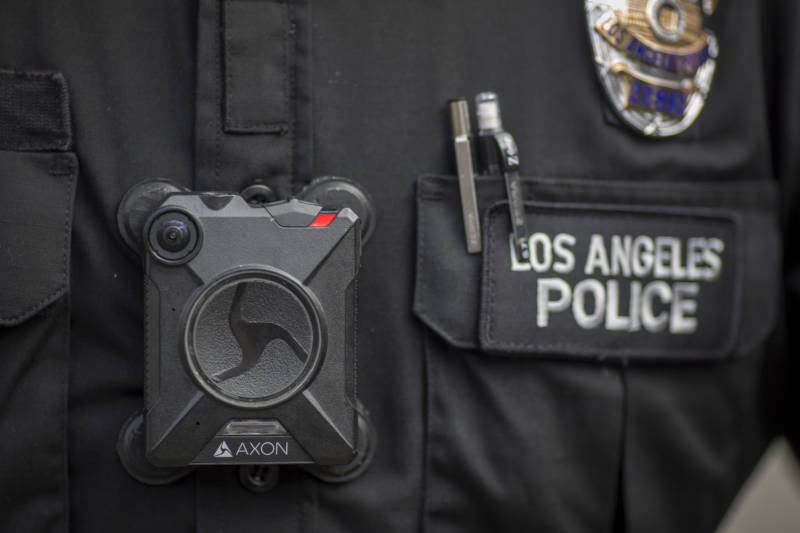A state bill to ban facial recognition and other biometric surveillance technology in police body cameras is scheduled for a vote Tuesday in the Senate Public Safety Committee.
State Bill Would Ban Facial Recognition and Biometric Technologies from Police Body Cameras

"It turns a tool that was used for trust and transparency into a tool of 24-hour surveillance, which I think would be highly problematic and would actually erode trust with our communities," said Democratic San Francisco Assemblymember Phil Ting, who authored the state bill.
The California State Sheriffs' Association opposes the bill.
"To impose a blanket ban on particular technology limits law enforcement's efficacy and restricts its ability to meet its investigatory and crime prevention and solving mandates," said Usha Mutschler, the association's legislative representative, at a hearing for the bill in April.
Facial recognition and biometric surveillance technology is hardly used in body cameras throughout California, UC Berkeley law professor Jennifer Urban said, but "once you've added facial recognition or other biometric technology into your workflow and into all of your systems, it isn't necessarily very easy to change it later or to take it back out. So if you're going to use it, it's really important to ask the right questions up front."
Ting's bill comes as San Francisco voted last month to ban city agencies from using facial recognition software. Oakland and Berkeley are considering similar legislation.
"That's something that I think a lot of states and localities are starting to look at," Urban said. "One of the things that has happened in recent years in general is that the public has become much more aware of privacy issues."
One explanation could be that technologies have more noticeable privacy concerns, "because you know if you have an Alexa in your home you're talking to it obviously it's listening to you," Urban said.
If Ting's bill passes the Senate Public Safety Committee, it will move next to the Senate floor.